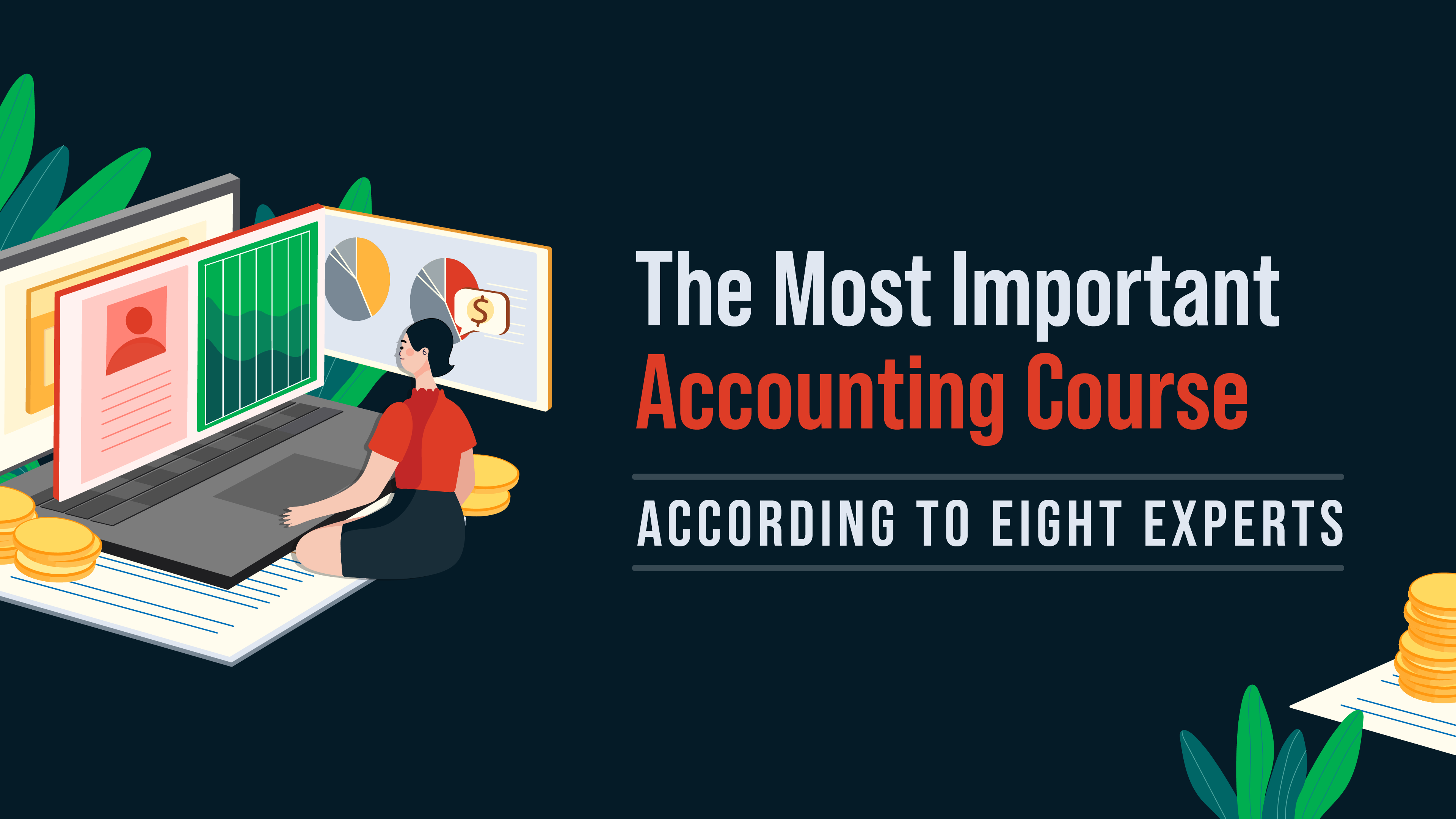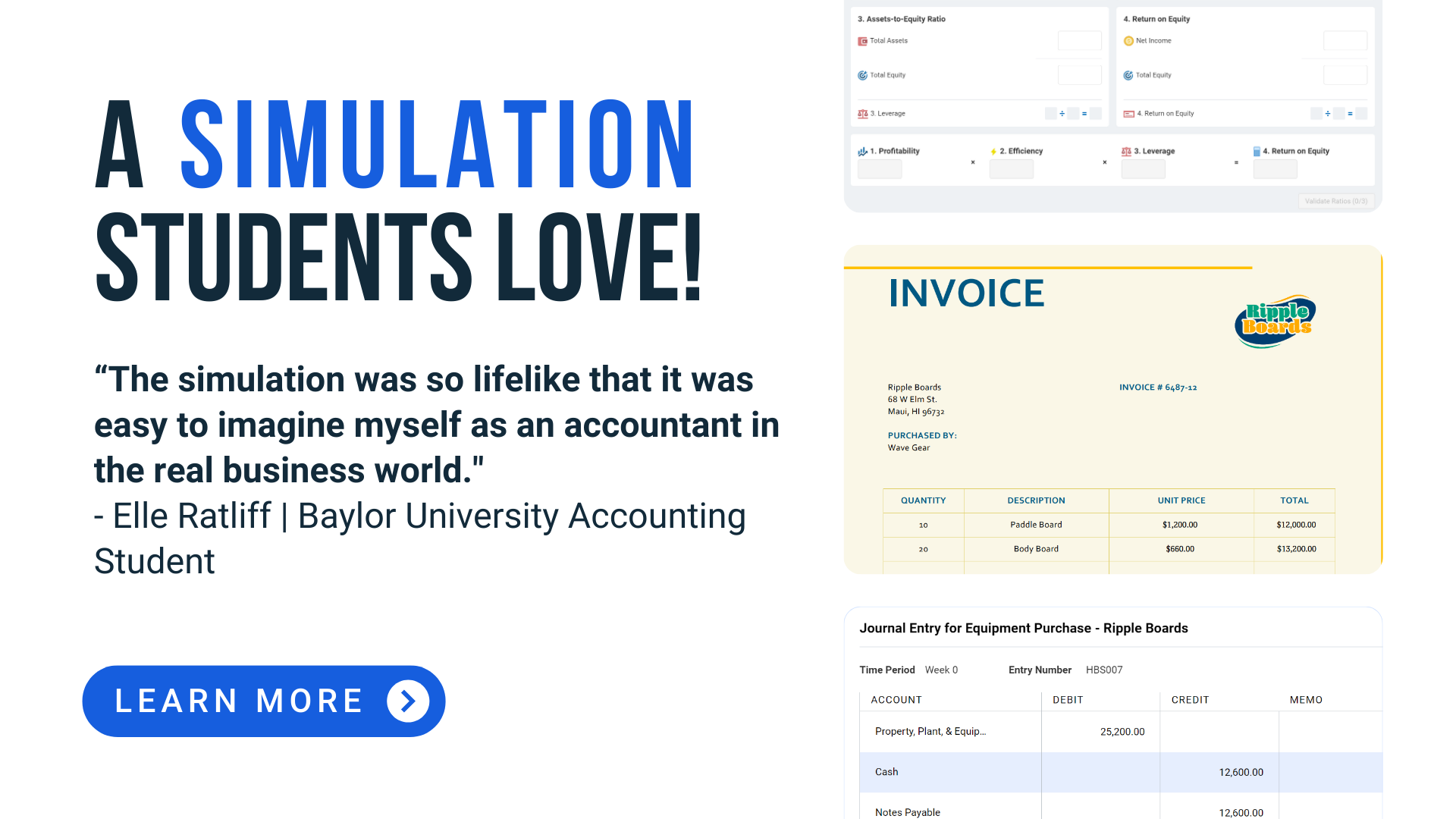From Advanced Excel and VBA Programming courses to financial accounting courses, here are eight answers to the question, “What is one accounting course that you feel best prepared you for a career in accounting, and why?”
- Advanced Excel and VBA Programming
- Managerial Accounting
- Legal Environment of Business
- Strategic Business Reporting
- Accounting 101 – Debit and Credits
- Financial Statement Analysis
- Communication Courses
- Financial Accounting
Advanced Excel and VBA Programming
One accounting course that helped me prepare for a career in accounting was Advanced Excel with VBA programming language. I learned how to create document generators and data processing systems in Excel. With this valuable skill, I can develop time-saving solutions that automate repetitive tasks, reducing the likelihood of human error.
This has been incredibly beneficial in my current role, where I am responsible for managing a large volume of data. In addition to streamlining my work, I have also been able to develop these solutions for many other companies, saving valuable time and money.
Michael Sena, Founder & CEO, SENACEA
Managerial Accounting
My favorite accounting course is Managerial Finance. It teaches everything from basic financial statements to advanced topics such as mergers and acquisitions. My professor was a CPA and very knowledgeable in the field. This course gave me the best preparation for accounting in my first startup because it gave me a strong understanding of the financial world, which is so important for accounting professionals.
A grounding in managerial finance was critical for me as I navigated the sale of my first company in 2018. By having a firm grasp of fundamentals, I was able to assess how my acquirer valued the opportunity and what price range would make the most sense for them. I was also able to manage the process and ensure that our interests remained aligned throughout the process. I still refer to the lessons I learned in managerial finance when I am presented with a new acquisition opportunity in one of the companies I advise or invest in.
Matthew Ramirez, CEO, Rephrasely
Legal Environment of Business
When I was back at San Diego State getting my accounting degree, I thought all of the technical courses I was taking, such as taxation of business entities, were going to have a major impact on my preparation for work as an accountant. However, of all the courses I took, a class called Legal Environment of Business was actually the most influential and important.
The class provided instruction on broad concepts such as SEC regulation, IRS audits, and litigation. The portion about business litigation was particularly informative, as it provided a background for the environment and way in which companies operate. So much of what you do as an accountant is intended to limit legal risk, so I thought this class had a major impact.
John Ross, CEO, Test Prep Insight
Strategic Business Reporting
I would say that the accounting course that best prepared me for a career in accounting is Strategic Business Reporting. This course covers such topics as financial statements, return on investment (ROI), cost-benefit analysis, and break-even point analysis. In addition, the course also covers topics such as business ethics and corporate governance.
As someone who is interested in pursuing a career in accounting, I found this course to be extremely helpful in terms of providing me with the necessary knowledge and skills. Additionally, I found the course to be very engaging and interesting, which made it all the more enjoyable. Overall, I would highly recommend this course to anyone interested in pursuing a career in accounting.
Lorien Strydom, Executive Country Manager, Financer.com
Accounting 101 – Debit and Credits
Throughout my career in accounting, the most important foundation I have drawn on is the fundamentals of debits and credits. Understanding the relationship between types of accounts and their debit or credit balances is one of the most essential principles in accounting.
Accounting 101 gave me that solid foundation on which all other accounting classes were built. Without a strong grasp of debit and credit accounts, even the simplest accounting tasks can be confusing and error-prone.
Nowadays, my foundation in debit vs. credit balance accounts undergirds every step in preparing financial statements accurately. I still come back to the fundamentals – debits and credits – whenever I’m in doubt about how to record a transaction. I utilize those building blocks of accounting principles every day.
Julia Kelly, Managing Partner, Rigits
Financial Statement Analysis
When I was just starting my accounting career, I took a course on financial statement analysis. This course helped me to understand the different components of financial statements and how they can be used to evaluate the performance of a company. In particular, it taught me about key metrics like return on equity and return on assets as well as techniques for forecasting future earnings.
These skills have been invaluable to me over the years, and I believe they were instrumental in my success as an accountant. If you are looking to prepare yourself for a career in accounting, I would highly recommend taking a course on financial statement analysis or another similar topic. You will not regret it!
Brian Meiggs, Founder, My Millennial Guide
Communication Courses
Accountants have to be able to communicate with people outside of their field. They have to be able to explain things simply and clearly. A communication course, along with others like business writing, taught me how to communicate, how to speak and write in a way that others would understand.
These core skills were the foundation of my accounting career. When you are able to explain things to people, they trust you and your advice. That is one of the best parts of this job.
Luciano Colos, Founder & CEO, PitchGrade
To learn more about Stukent’s accounting products for education, visit our website.







